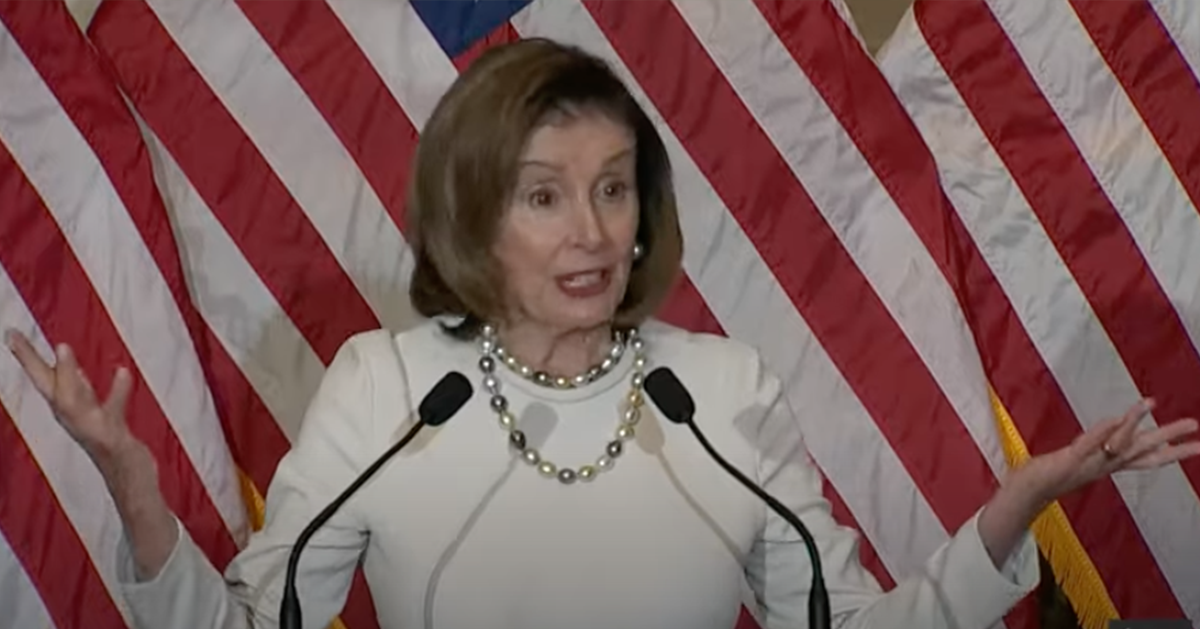Trump poised to roll back Biden-era appliance regulations
The Senate has voted to reverse the Biden administration's energy efficiency guidelines for walk-in coolers and freezers, marking a significant legislative move.
The resolution to cancel the Biden-era rules will now await action from President Donald Trump, potentially blocking the Energy Department from issuing similar regulations in the future, as the Washington Examiner reports.
This legislative step was achieved with a 53-42 vote, primarily along party lines. Utilizing the Congressional Review Act, the resolution bypassed the usual filibuster hurdles and only needed a simple majority.
The House of Representatives had already approved the measure last week, signaling strong Republican support for the rollback.
Republicans seek reversal of rules
The Congressional Review Act resolution carries significant implications. If Trump signs it, similar regulations on energy efficiency for walk-in coolers and freezers could be permanently restricted.
This legislative tool empowers Congress to review and overrule federal regulations in a formalized process, which has been increasingly employed by current lawmakers.
Republicans have argued that the regulatory standards, intended to lower energy usage, instead inflate consumer costs and limit choices. They focus on how these requirements might lead to increased prices for everyday Americans. Rep. Stephanie Bice from Oklahoma, who sponsored the resolution, pointedly noted that overturning these regulations could save taxpayers over a billion dollars.
The Biden-era standards were not without benefits, however according to their supporters. Advocates like Andrew deLaski from the Appliance Standards Awareness Project contend that the now-reversed standards could have saved businesses around $6.5 billion on utility expenses, reflecting broader energy savings goals.
Historical use of Congressional Review Act
Trump has previously used the Congressional Review Act to enact policy changes. Just last month, he approved resolutions that ended an Environmental Protection Agency (EPA) rule on methane fees and revoked requirements for archaeological assessments for oil and gas exploration. This indicates a consistent pattern in his administration's approach to deregulation.
The recent Senate vote challenges several months of negotiations that culminated in a compromise on standards for refrigerators and freezers between industry groups and the Biden administration in 2023. Tennessee Attorney General Jonathan Skrmetti criticized these efforts, arguing that they overlooked consumer costs.
Energy Secretary Chris Wright also expressed support for the Senate’s decision, underscoring the restoration of consumer choice. He emphasized that undoing the previous administration’s rules allows consumers to select the most suitable home appliances without governmental constraints.
Critics express concerns over potential impact
While proponents of the regulation rollback celebrate the return of consumer autonomy, critics voice concerns. Andrew deLaski highlighted potential financial repercussions, arguing that the increased costs for restaurants and grocery stores could be transferred to consumers. He criticized the rollback, noting that it locks in unnecessary energy waste at a time when electric grid capacity is crucial for economic growth.
The Energy Department initially delayed the implementation of these efficiency regulations and paused further updates last month. This delay temporarily stalled the rule, allowing the Senate the opportunity to act using the Congressional Review Act.
As these energy policies face rollbacks, the broader debate over the balance between regulation and market freedoms continues. With potential cost implications and energy efficiency goals at stake, the decision lies in President Trump's executive power.
Legislative outcomes and implications awaited
The outcome of this resolution presents significant ramifications for future energy policies. If enacted, it could preclude the Energy Department from introducing similar proposals to those from the previous administration. This aligns with Trump's broader deregulatory agenda, which continues to reshape the federal regulatory landscape.
As the nation awaits Trump's decision, both sides of the aisle consider potential impacts on the economy, consumer freedoms, and environmental policies. The resolution reflects the ongoing discourse on regulatory effectiveness versus market-driven solutions.
The decision underscores the complexities of policymaking in energy -- a field crucial to both environmental sustainability and economic development.
As the legislative and executive branches navigate these challenges, the outcomes will likely shape the future of energy regulation in the United States.




